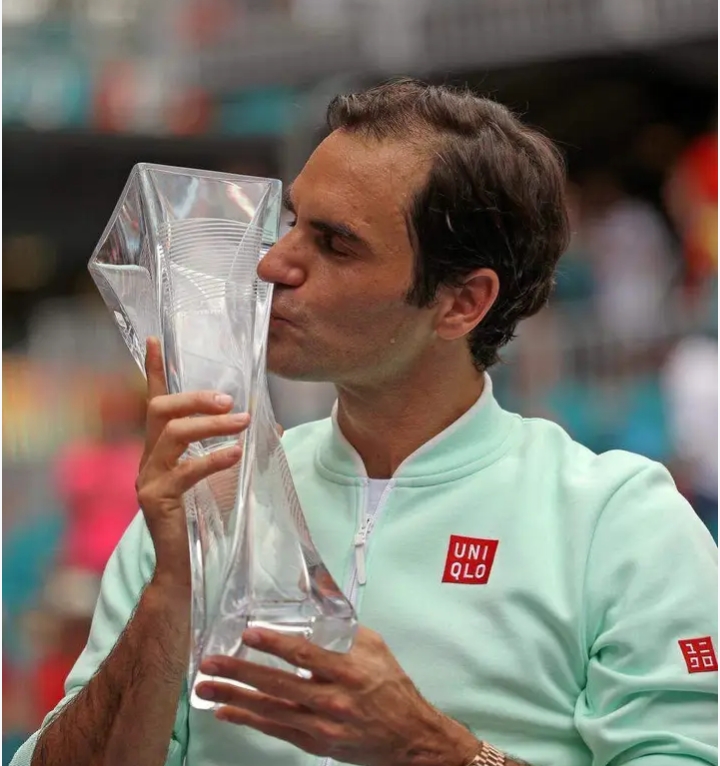Roger Federer, often regarded as one of the greatest tennis players of all time, has not only dominated the sport through his on-court performances but has also showcased remarkable longevity, particularly in the context of the ATP Masters 1000 series. His record as the oldest man to win a Masters 1000 title is a testament to his skill, determination, and ability to adapt over the years.
Federer claimed this prestigious title for the last time in 2019 at the BNP Paribas Open in Indian Wells, when he was 37 years and 340 days old. That victory was a poignant reminder of his unparalleled prowess, especially considering the physical and mental demands that the modern game places on players. Winning such a title in these later years of his career underscores not only his technical skills but also his profound understanding of the game, which has allowed him to stay competitive against younger, physically imposing opponents.
Longevity in sport is a rare quality, and Federer’s career has been characterized by a combination of talent, work ethic, and an ability to manage his body effectively. From his early days as a brash young talent to his evolution into a mature, strategic player, Federer has continuously refined his technique and adapted his playing style to maintain relevance in a rapidly evolving sport. While other players have faced significant dips in their performance as they age, Federer has masterfully navigated these challenges, often using his experience to outsmart younger rivals rather than relying solely on physicality.
In addition to his physical attributes, Federer’s mental fortitude has played a crucial role in his ability to compete at an elite level for so long. The pressure that comes with competing at the highest level is immense, and Federer has consistently met that challenge with poise and resilience. His mindset allows him to approach matches with confidence, even against the fastest-rising stars in tennis. This psychological edge is often what sets apart great players from the legends who transcend the sport.
Moreover, Federer’s dedication to fitness and injury management has significantly contributed to his longevity. In an era where players are increasingly reliant on physical conditioning and rehabilitation, Federer has been at the forefront, employing state-of-the-art training methods and recovery techniques to extend his prime. This proactive approach to maintaining his body has allowed him to compete effectively in high-stakes matches, often against younger athletes with less wear on their limbs.
The impact of Federer’s record extends beyond just the figures and statistics. It serves as inspiration for both current and future generations of tennis players, as well as fans of the sport. His journey illustrates that with the right mix of talent, hard work, and mental discipline, it is possible to defy age and continue to achieve greatness.
In conclusion, Roger Federer’s status as the oldest man to win a Masters 1000 title encapsulates his unique blend of skill, resilience, and strategic evolution. His unmatched longevity in a demanding sport is not merely a number; it reflects a legacy built on excellence, inspiring countless individuals to pursue their passions, regardless of age or circumstance. As he continues to influence the sport, Federer remains a beacon of what it means to embody greatness.
